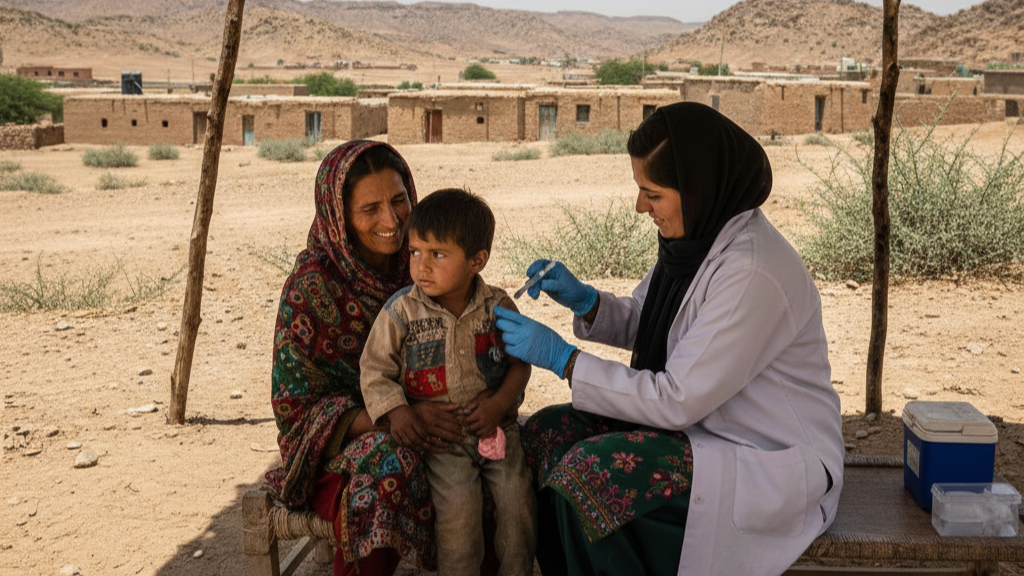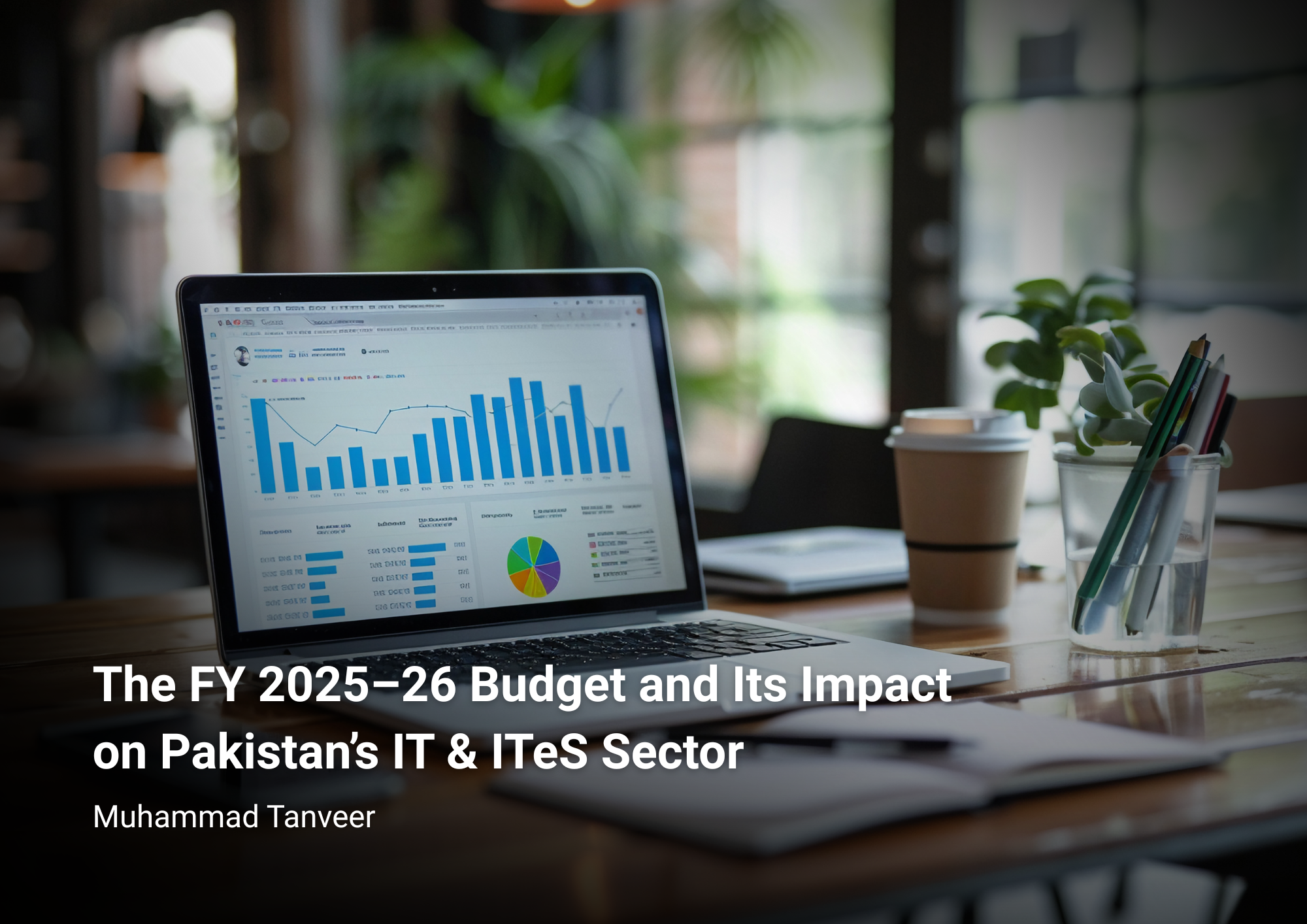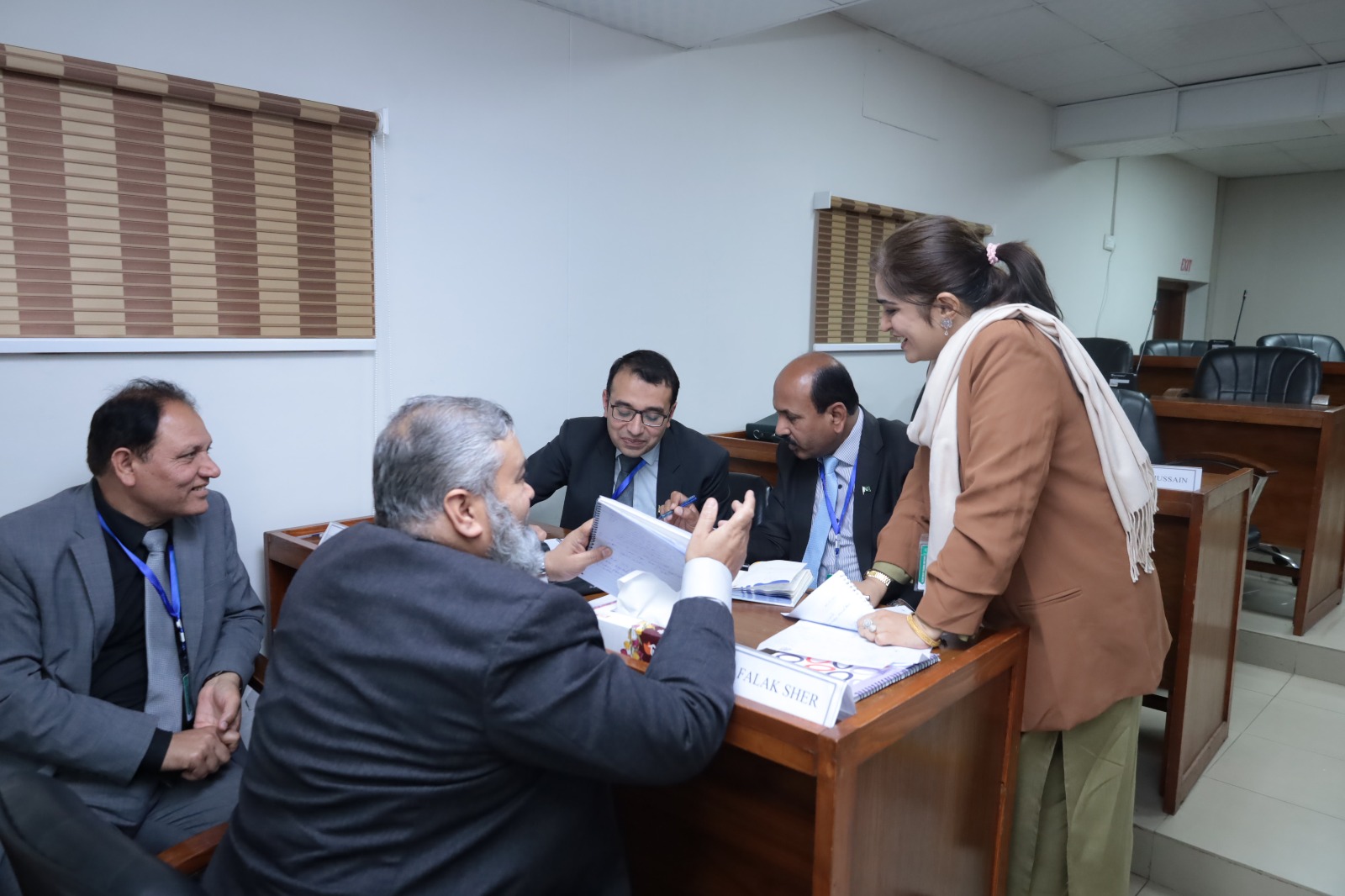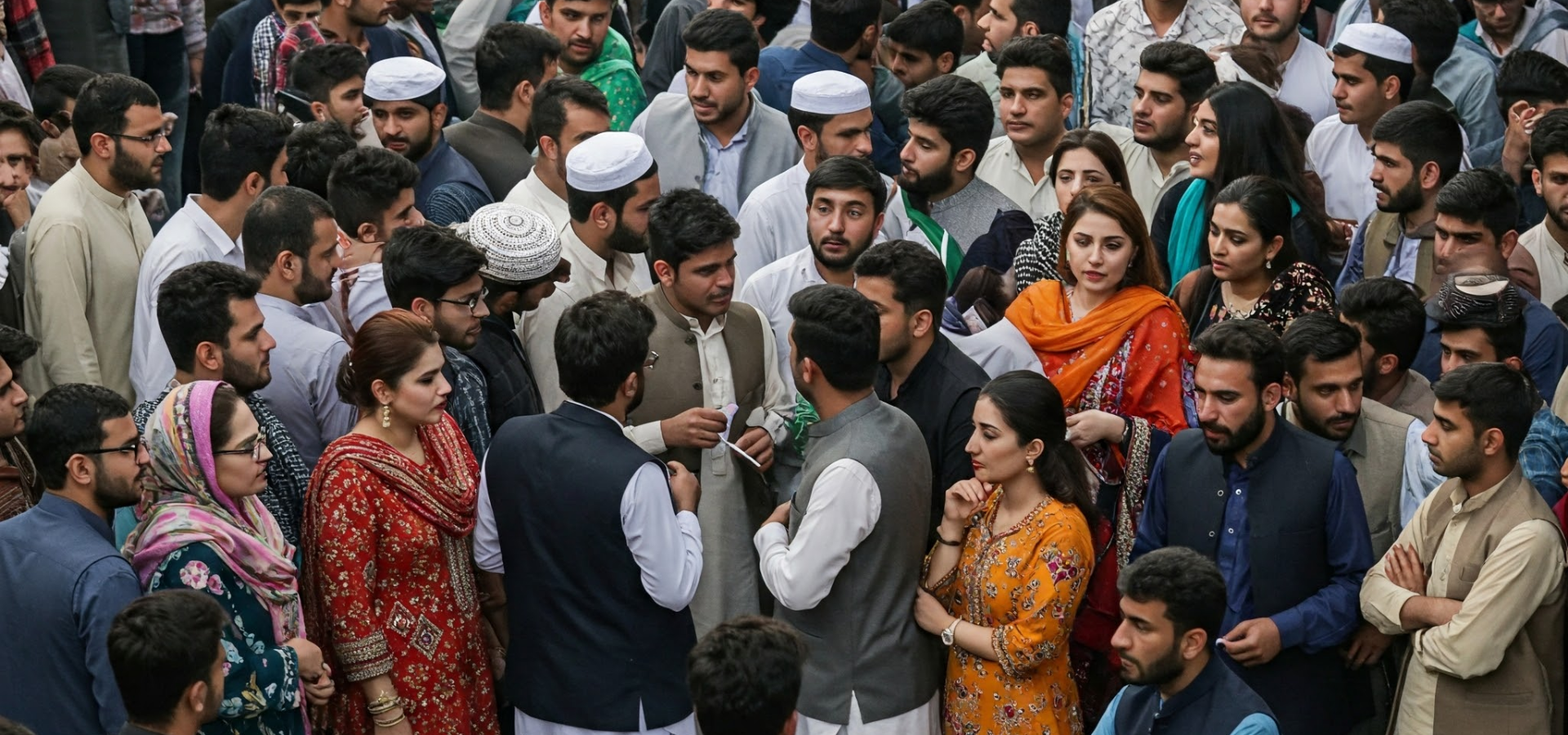Health Accountability in Pakistan: Leading Immunization Campaigns in Balochistan and field Reflections on Disease Burden and Systemic Challenges
Balochistan’s immunization landscape faces complex challenges. Geographic isolation, dispersed populations, limited infrastructure, and low literacy amplify the risks of vaccine-preventable diseases, while social norms, gender barriers, and misinformation hinder uptake. Despite Pakistan’s Expanded Programme on Immunization (EPI) providing free vaccines against 12 major diseases, coverage in the province remains far below national averages, leaving children vulnerable to measles, polio, and other preventable conditions. Supplemental immunization campaigns (SIAs) targeting children aged 6–59 months, alongside routine vaccination efforts, have been essential in raising immunity levels, particularly in remote, low-coverage areas. Campaigns and routine programs reveal that gaps in governance, human resources, cold chain infrastructure, and data systems undermine long-term immunization gains. Yet, frontline health workers, community mobilizers, and partnerships with civil society organizations demonstrate the potential to overcome these challenges. Strengthening routine immunization, sustaining campaign successes, leveraging local community networks, and improving accountability and planning are critical to ensuring that every child in Balochistan is protected from preventable diseases.










